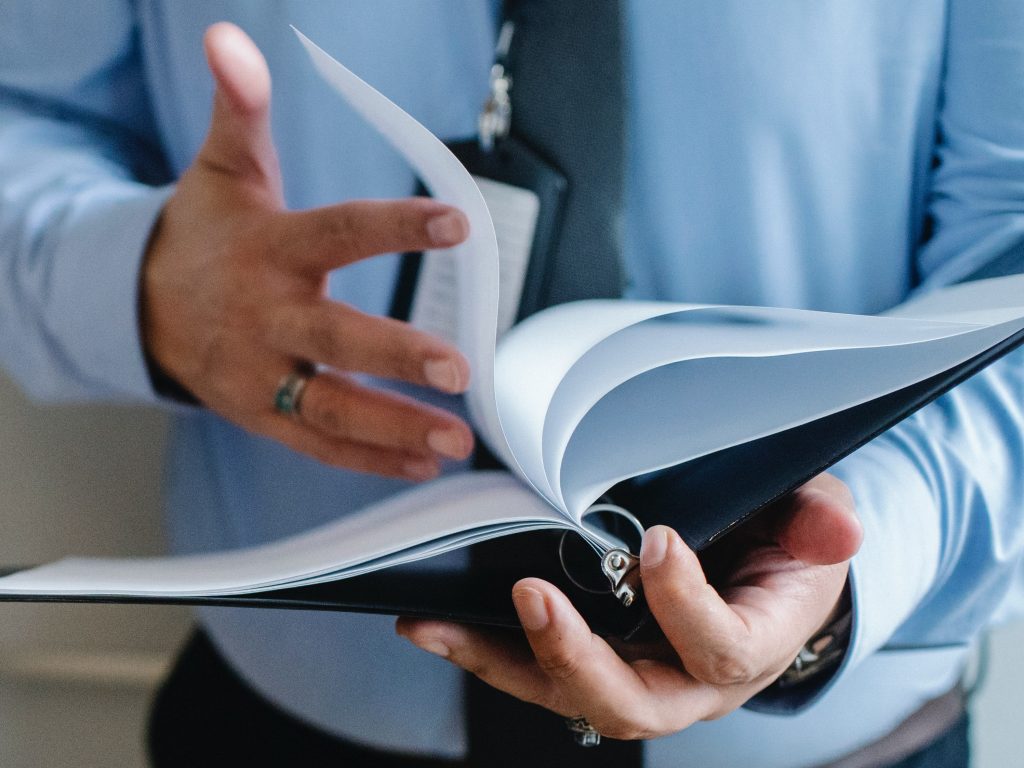Adidas launches investigation into allegations of workplace misconduct against Kanye West

For the past few years, the world has shown a mixture of disgust and concern for the increasingly erratic behavior of musician, Kanye West. Despite a career punctuated by hit albums and singles, millions of dollars in concert tickets sold, and a level of popularity that was attractive to major brands, West is proving that […]
Fraud & Corporate Crime: How To immediately Protect Your Organization Today

Do thoughts of how to handle fraud and corporate crime prevention keep you up at night? Perhaps they should, because annual losses from these kinds of crimes in the U.S. are estimated to lie somewhere between $426 billion and $1.7 trillion annually. That’s a vast hole for businesses and organizations like yours to plug. How can […]
How Evil Deceptive Actions By Another Company Or Persons Can Ruin Your Business Reputation

As an entrepreneur, you’ve probably spent years building your business. Brick by brick, you not only constructed its physical presence but also its team and a brand that your audience know and trust. That’s an incredible achievement indeed, but what if a single bad actor could come and undo all of your work? When someone […]
How to Protect Your Business Against Small Business Fraud, Embezzlement, and Workplace Theft

Do you have adequate measures in place to protect yourself from the perils of small business fraud, embezzlement, and workplace theft? Far too many businesses don’t realize that the biggest threat to their success is usually standing next to them. In fact, in the world of enterprise, 90% of all significant theft losses come from […]
How to Respectfully Conduct a Sexual Harassment Investigation in Your Workplace

It’s easy to imagine that most business owners, leaders, or HR managers would feel a sense of trepidation after receiving a complaint of sexual harassment on their watch. In the post “me too” era, we collectively share a far greater awareness of the damaging impacts of this kind of misconduct—not to mention the potential pitfalls […]
What Practical Steps Can You Take in Workplace Investigations? Serious Misconduct or Employee Threatening Behaviors

Every business owner knows the satisfaction that comes with smooth day-to-day operations and how sacred that kind of productivity truly is. But it only takes one individual—whether it’s a threatening employee or someone engaging in other types of serious misconduct—to turn everything upside down. This is why workplace investigations are an essential element to any thriving […]
Why External Assistance in Workplace Investigations Is Best for Your Business

If something has gone seriously sideways in your place of business and you need to launch an internal corporate investigation, there is good reason to pause before deciding to do the whole thing in-house. If the allegations are serious then there’s a good chance that your corporate internal investigations will lead to a termination. If […]
Workplace Investigations and How They Can Assist With Bullying or Violence in the Workplace

What’s the best way to get your team to thrive and drive profits? According to 94% of entrepreneurs, when it comes to achieving success, establishing a healthy culture at work is vital. Employees should feel comfortable, confident, and psychologically safe in order to do their best work. However, bullying and violence in the workplace are […]
Workplace Investigators: How to Get Assistance With Codes of Conduct or Constructive Discharge

Legislation relating to codes of conduct and constructive discharge aims to protect workers and companies alike from those with bad intentions. However, when any individual—on either side of the equation—finds themselves in hot water relating to these nuanced aspects of business operation, the path forwards can be difficult to identify. With that in mind, today […]
Yes, a Corporate Private Investigation Company Can Protect Against Corporate Theft – Here’s How

No matter how much money you throw at the latest security hardware, CCTV software, or highly-trained security guards, your company may still experience employee theft. For the vast majority of businesses, sadly, the greatest threats when it comes to losing assets are individuals working under the very same roof. So much so that 90% of […]